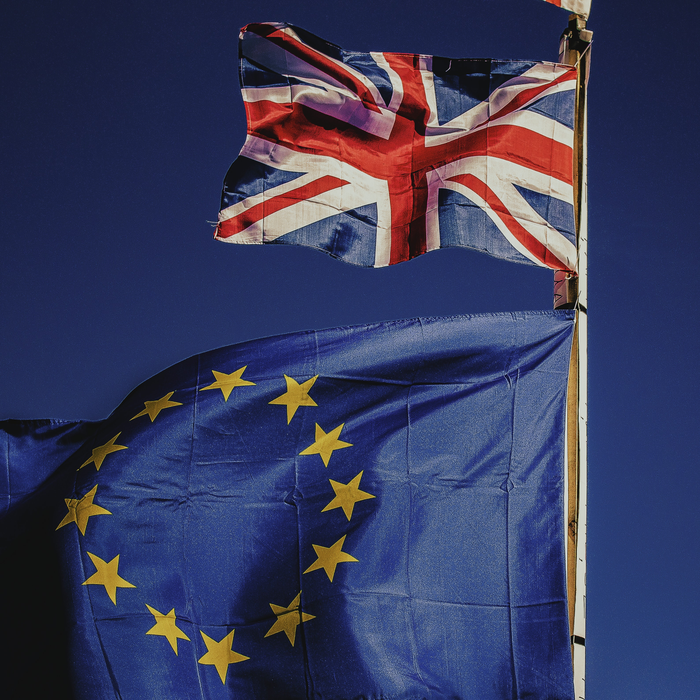In a new study, a brief, audio-guided, befriending-themed meditation reduced affective polarization between people on the “Remain” versus “Leave” sides of the U.K.’s Brexit referendum. Otto Simonsson of the Karolinska Institutet in Stockholm, Sweden, and colleagues present these findings in the open-access journal PLOS ONE on May 11, 2022.

Credit: Rocco Dipoppa, Unsplash CC0 (https://creativecommons.org/publicdomain/zero/1.0/)
In a new study, a brief, audio-guided, befriending-themed meditation reduced affective polarization between people on the “Remain” versus “Leave” sides of the U.K.’s Brexit referendum. Otto Simonsson of the Karolinska Institutet in Stockholm, Sweden, and colleagues present these findings in the open-access journal PLOS ONE on May 11, 2022.
In a nationwide referendum in 2016, the British electorate voted for the U.K. to leave the European Union. Since then, research has identified significant levels of affective polarization between “Remainers” and “Leavers.” Prior research has also shown that a brief befriending meditation can reduce affective polarization between Democrats and Republicans in the U.S., but whether similar effects might extend to the U.K. has been unclear.
Now, Simonsson and colleagues have explored the potential effects of meditation in a study of 501 Remainers and 433 Leavers. They randomly assigned each participant to listen to one of two 10-minute audio recordings. One was an audio-guided befriending meditation that instructed listeners to bring friendship and kindness to themselves and to others. The other instead featured educational information about meditation. The researchers then assessed participants’ levels of affective polarization—the divide between positive feelings toward one’s own political group and negative feelings toward the other.
Statistical analysis of the results found lower levels of affective polarization for people who listened to the meditation versus for those who listened to the informational recording. Additional questions answered by the participants suggested that the underlying psychological mechanism for this effect may involve an increase in perceived commonality between sides for those who listened to the meditation.
These findings suggest that an audio-guided befriending meditation could help boost perceived commonality between opposing political groups, and thereby reduce affective polarization. Such a strategy could be employed in public campaigns in the U.K. to address polarization between Remainers and Leavers, the authors suggest.
The authors also suggest various areas for future research, such as whether popular meditation-based apps can impact affective polarization, and the short- versus long-term effects of meditation on affective polarization.
The authors add: “The results in this study build on previous findings and provide additional support for the potential benefits of meditation in political contexts.”
#####
In your coverage please use this URL to provide access to the freely available article in PLOS ONE: https://journals.plos.org/plosone/article?id=10.1371/journal.pone.0267493
Citation: Simonsson O, Goldberg SB, Marks J, Yan L, Narayanan J (2022) Bridging the (Brexit) divide: Effects of a brief befriending meditation on affective polarization. PLoS ONE 17(5): e0267493. https://doi.org/10.1371/journal.pone.0267493
Author Countries: Sweden, U.K., U.S.A., Singapore
Funding: This study was funded by Singapore Ministry of Education Academic Research Fund Tier 1 (T1 17/2019/115) and National University of Singapore Research Fund to JN. OS was supported by the Sweden-America Foundation. SG was supported by a grant (K23AT010879) from the National Center for Complementary and Integrative Health.
Journal
PLoS ONE
DOI
10.1371/journal.pone.0267493
Method of Research
Experimental study
Subject of Research
People
Article Title
Bridging the (Brexit) divide: Effects of a brief befriending meditation on affective polarization
Article Publication Date
11-May-2022
COI Statement
The authors have declared that no competing interests exist.




